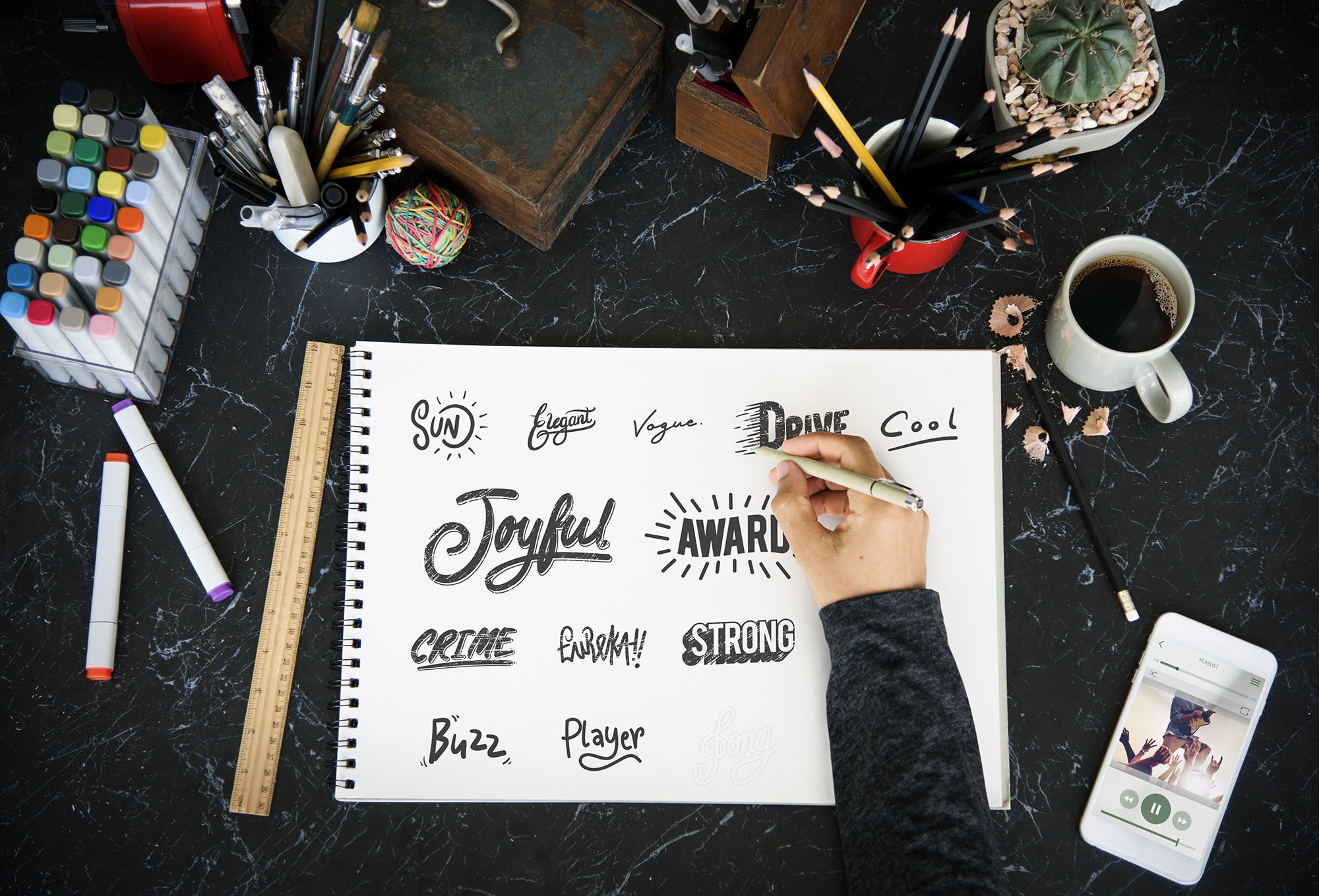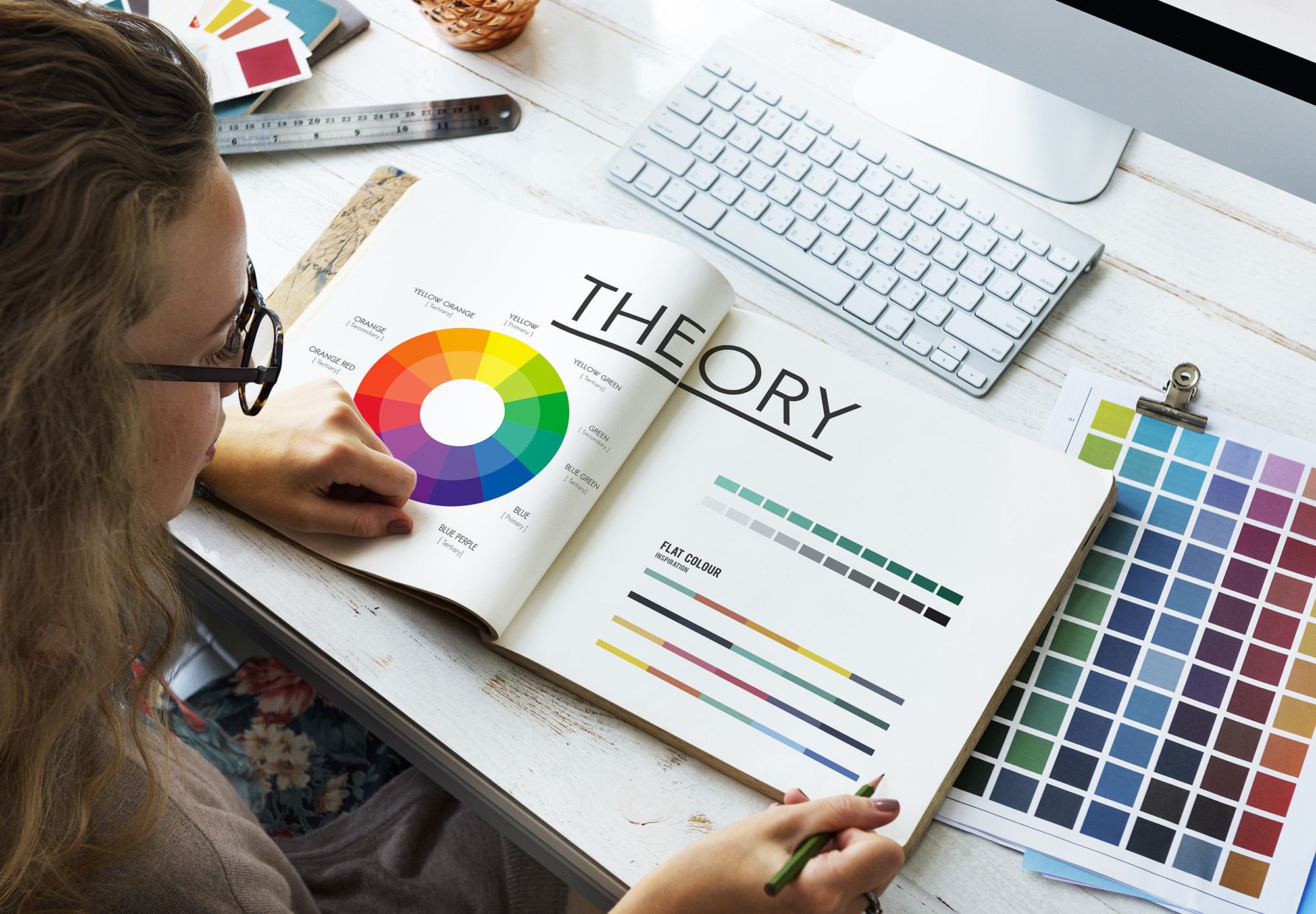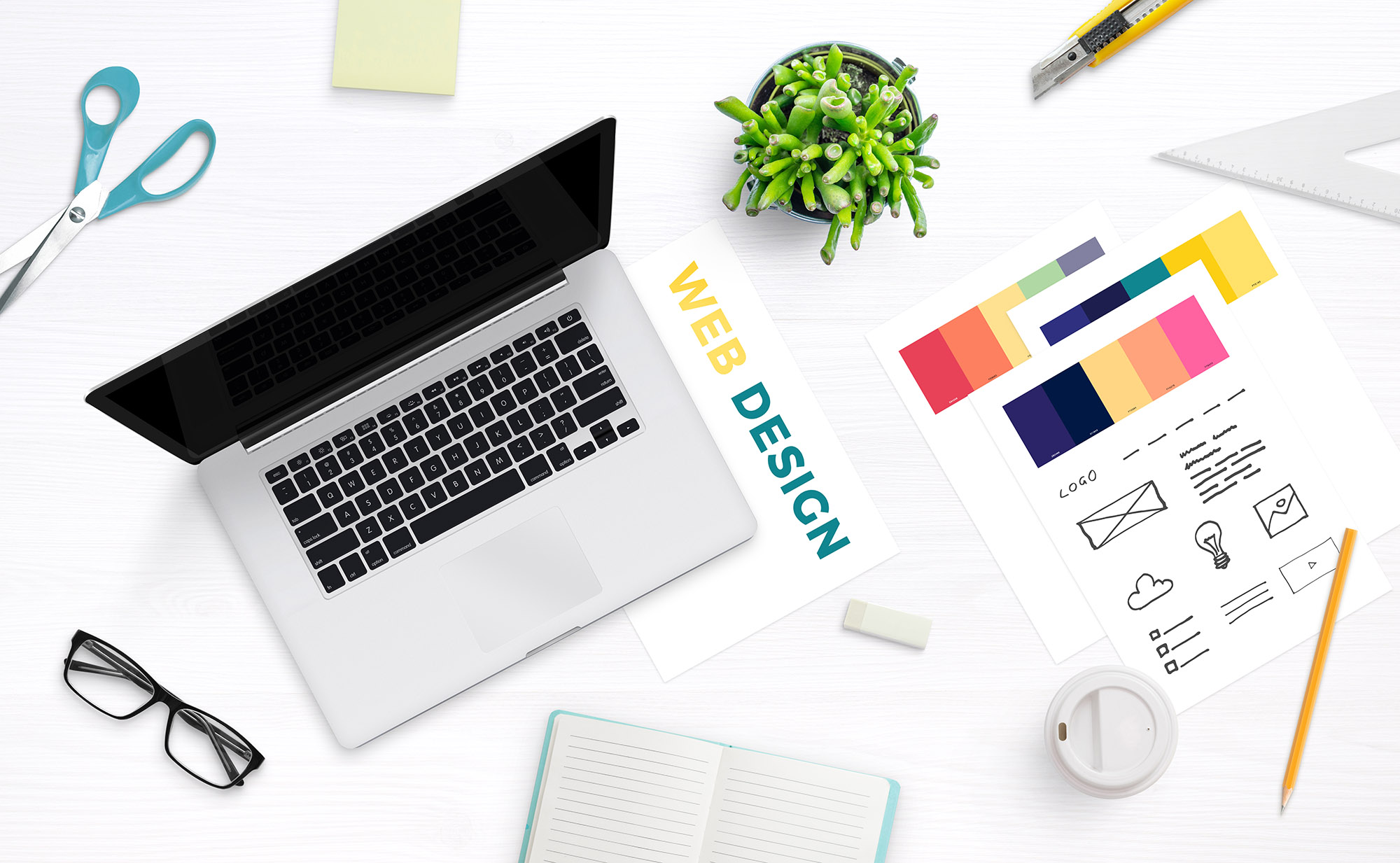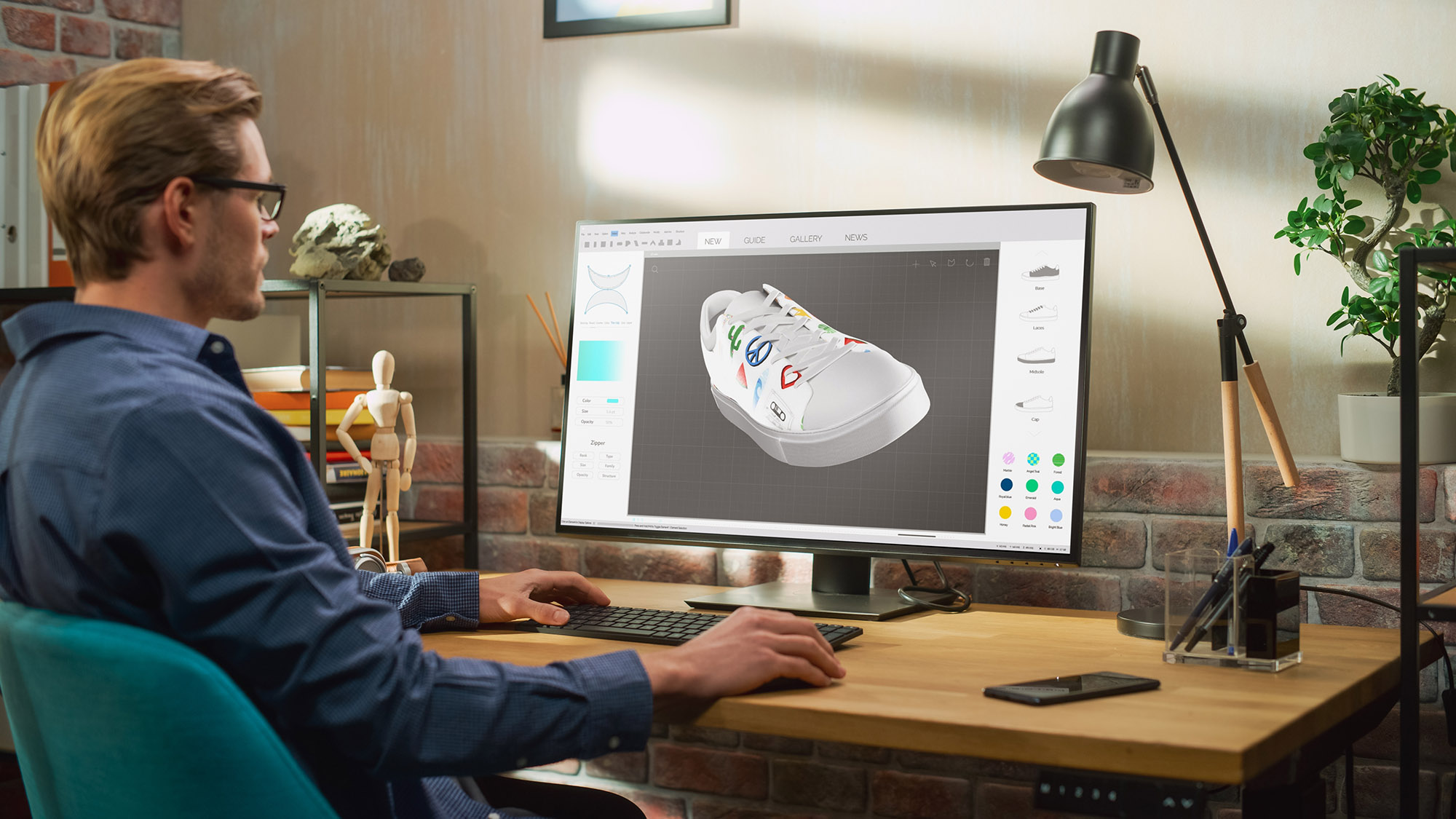
Technical Proficiency
A competent graphic designer should be proficient in industry-standard design software such as Adobe Creative Suite, which includes Photoshop, Illustrator, and InDesign. Familiarity with other tools like Sketch or Figma may also be advantageous depending on the specific requirements of your project.
Creative Flair
Creativity is the lifeblood of any design project. Look for a designer who can think outside the box, offering fresh perspectives and original solutions. Review their portfolio to assess their creative ability, ensuring it aligns with your brand’s vision and objectives.
Attention to Detail
Design is a meticulous craft, and a good designer will pay close attention to even the smallest details. Whether it’s pixel-perfect icons or the spacing between letters, these small touches can make a significant difference in the final output.
Communication Skills
A graphic designer should be able to effectively communicate ideas both visually and verbally. Clear communication is crucial in understanding project requirements, offering constructive feedback, and ultimately achieving the best outcome.
Time Management
Design projects often involve multiple stages, from conceptualization to execution, and sometimes under tight deadlines. Good time management skills are essential for a designer to prioritize tasks effectively and meet deadlines without compromising on quality.
Versatility
Design needs can vary widely—from print to digital, typography to illustrations. A versatile designer who is skilled in multiple domains will offer more value, especially for businesses looking for a one-stop-shop for their various design needs.
Cultural and Commercial Awareness
A keen understanding of current design trends, as well as cultural and commercial factors, can be incredibly beneficial. This awareness allows a designer to create work that not only looks good but also resonates with the target audience and serves specific business goals.
Portfolio and Testimonials
Finally, don’t forget to look through the designer’s portfolio and read testimonials or seek references. This will give you insights into their skill level, reliability, and ability to collaborate with clients or teams.
In Summary
While technical skills are crucial, the best graphic designers also possess a range of softer skills and qualities, such as creativity, communication, and an understanding of commercial needs. These factors combined make for a well-rounded designer who can contribute significantly to your brand’s success.








